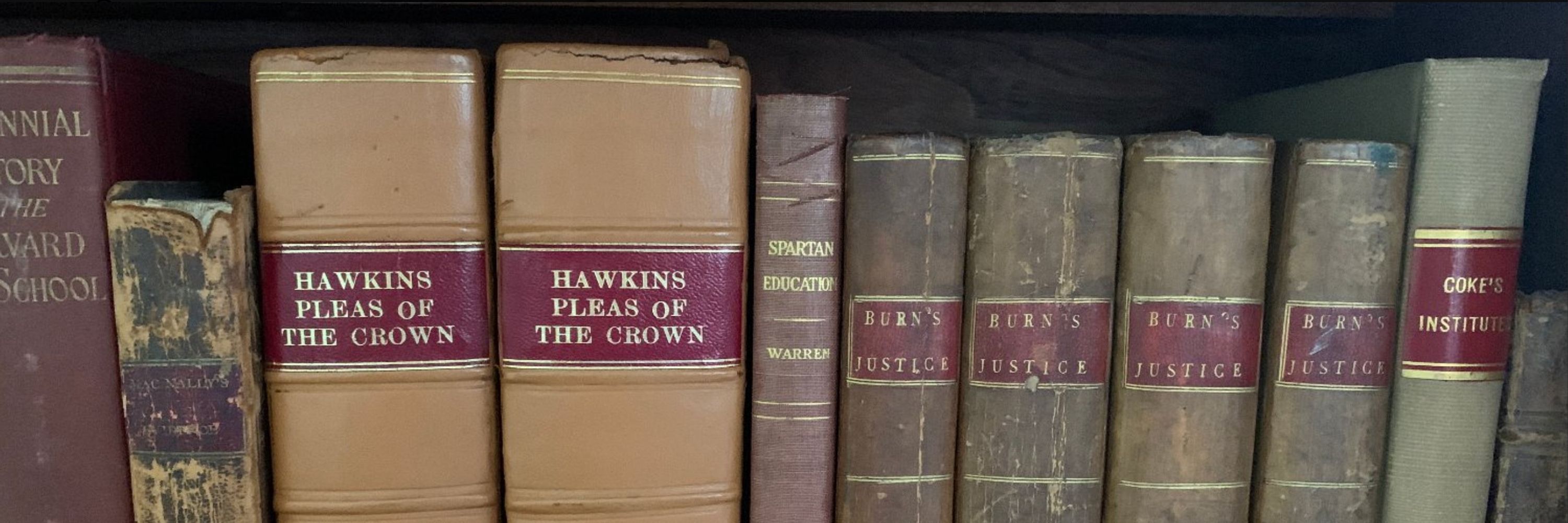
Professor, Stanford Law School.
Senior Fellow, Hoover Institution.
Author, The Digital 4th Amendment:
https://www.amazon.com/Digital-Fourth-Amendment-Privacy-Policing/dp/0190627077/ref=tmm_hrd_swatch_0
Orin Samuel Kerr is an American legal scholar known for his studies of American criminal procedure and the Fourth Amendment to the United States Constitution, as well as computer crime law and internet surveillance. He has been a professor of law at Stanford Law School since 2025. Kerr is one of the contributors to the law-oriented blog titled The Volokh Conspiracy. .. more
1. Settings
2. Aceessibility
3. Display and Text Size
4. Color Filters to ON
5. Select grayscale and adjust Intensity if you want some color.
While you are in #4 turn on Reduce Transparency.
Reposted by Orin S. Kerr
1. Settings
2. Aceessibility
3. Display and Text Size
4. Color Filters to ON
5. Select grayscale and adjust Intensity if you want some color.
While you are in #4 turn on Reduce Transparency.
Reposted by Mark D. White

www.nytimes.com/2025/12/25/o...
I did talk about AI a bit, pages 185-86, in part to say why I wasn't talking about it more; beyond that one context where I discuss it, I'm not sure it's going to have much effect. (It will revolutionize many many things, but I'm not sure 4th Amendment law will be one of them.)

Here's to a 2026 filled with good faith and inevitable discoveries.
www.supremecourt.gov/publicinfo/y...


www.nytimes.com/2025/12/31/t...
Happy 2026, everyone.


www.youtube.com/watch?v=9aS-...

Reposted by Jonathan H. Adler

They're wrong.
I explain why in this 2022 article, "Katz as Originalism":
papers.ssrn.com/sol3/papers....
supremecourt.gov/search.aspx?...


